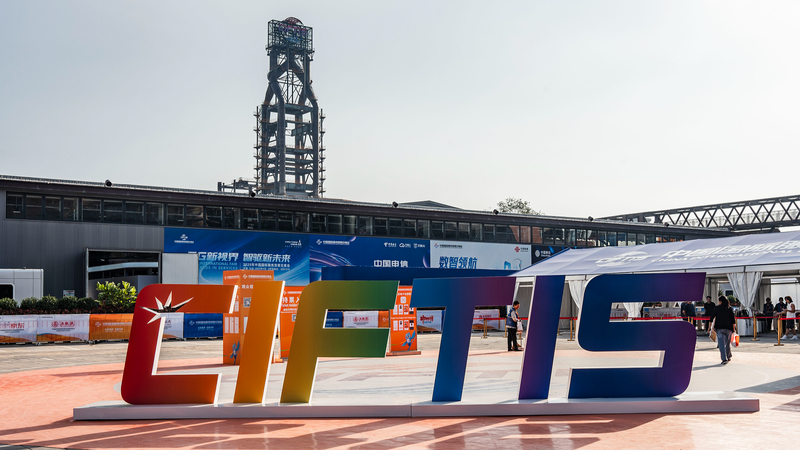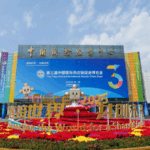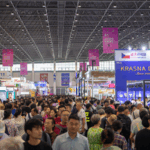As U.S. tariffs intensify, the 137th Canton Fair—China's largest trade event—has become a stage for showcasing how businesses are navigating global economic headwinds with innovation and market diversification 🚀. From April 15 to May 5, the fair attracted a record-breaking 224,000 overseas buyers, underscoring the resilience of China's export engine.
Pivoting Away From Overreliance
Companies like Yongjia Garments Co., once heavily dependent on U.S. exports, are capping single-market exposure to 30% amid falling prices due to tariffs. “We’re building our own brand now to add value,” a company rep shared. Similar stories echo across industries: firms are slashing costs, restructuring supply chains, and prioritizing markets like Southeast Asia and the Middle East.
Belt and Road: A Lifeline for Growth
Liang Yu, a lighting sector veteran, highlighted expansion into Belt and Road regions. “Tariffs are short-term pain—the long-term game is untapped markets,” he noted. Official data backs this up: U.S. shares of China’s exports dropped from 19.2% (2018) to 14.7% (2024), while ASEAN’s share rose to 16.4%, and Belt and Road markets now make up nearly half of exports 🌐.
Building Global Supply Chains
Since 2018, Chinese firms have accelerated setting up overseas factories to sidestep trade wars. Foreign trade expert Li Wei emphasized: “Global competitiveness isn’t fading—it’s evolving.” He called for smoother approval processes to boost overseas industrial chains, signaling a strategic shift toward long-term global integration 💼.
Reference(s):
Canton Fair shows how Chinese firms are breaking U.S. tariff barriers
cgtn.com







